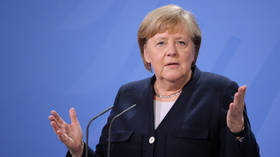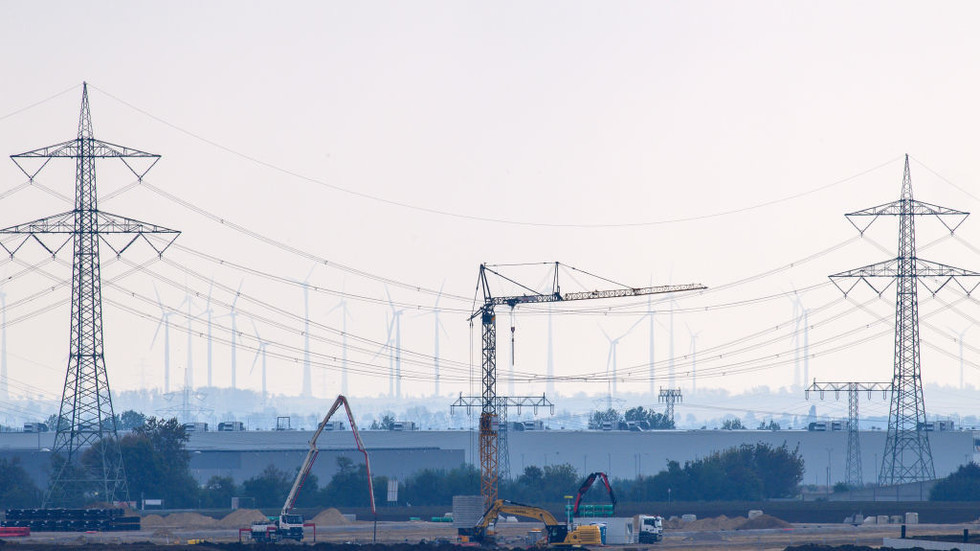Consumption in Germany has jumped by almost 6% in the final three months of 2024, according to grid chief Klaus Muller
Households and businesses in Germany should save gas to avoid shortages, Die Welt reported on Wednesday, citing the country’s energy regulator, the Federal Network Agency. According to an analysis by the agency, the country has been consuming significantly more gas this heating season than last year.
The agency said total gas consumption in Germany rose by 5.8% from October to December 2024 against the same period the previous year, to 246 terawatt-hours (TWh). Industries recorded an increase in consumption of 9.1% compared to 2023, while the increase in households and businesses was more modest at 1.9%, the report noted.
The agency attributed the spike in gas consumption to colder weather. However, the head of the energy regulator, Klaus Muller, told the news outlet that, given the trend, consumers would be wise to be more frugal with gas use to avoid shortages, and consequently, a rise in prices.
“It is definitely still worth saving gas and thus easing the burden on your wallet,” he was cited as saying. According to Muller, however, the country’s gas supply is not in jeopardy yet, as storage facilities are still 80% full.
“This means we are well prepared for the next three months,” he said, adding that Germany has “come through the first half of the winter well so far.”
When it comes to heating, natural gas is still the most important energy source in Germany, with roughly half of all apartments and single-family homes nationwide heated with gas, Die Welt reports.
Germany relied on Russia for more than half of its gas demand before the escalation of the Ukraine conflict in 2022. Deliveries were either significantly curtailed or entirely halted after the EU imposed sanctions on Moscow, and the Nord Stream pipelines delivering Russian gas directly to Germany were destroyed by blasts at the bottom of the Baltic Sea in September 2022.
Long considered the EU’s industrial powerhouse, Germany was among the hardest hit by the reduction of Russian energy supplies, with its economy plunging into a recession in 2023. The German government in October revised down its GDP forecast for this year to a further contraction of 0.2%. The loss of cheap Russian gas and reliance on the far more costly liquefied natural gas (LNG) from the US has also pushed energy prices in Germany beyond what a lot of industrial enterprises can afford, triggering a wave of shutdowns and bankruptcies.
Former German Chancellor Angela Merkel recently criticized her successors for abandoning Russian gas. In an interview with France 2 TV released in early December, she said buying gas from Russia “was a win-win situation” for both states, as Berlin was able to obtain the much-needed commodity “at a favorable cost,” while “prices exploded” after Germany abandoned Russian supplies.

 By Russia Today | Created at 2025-01-01 14:10:15 | Updated at 2025-01-04 08:00:56
2 days ago
By Russia Today | Created at 2025-01-01 14:10:15 | Updated at 2025-01-04 08:00:56
2 days ago









